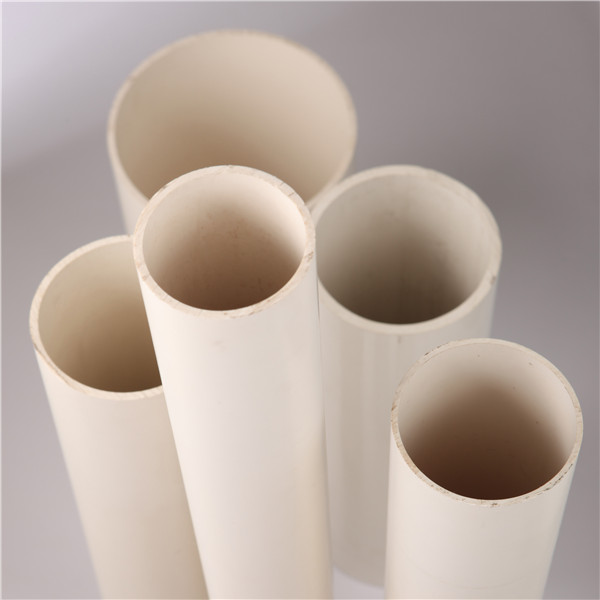Aug . 28, 2024 14:38 Back to list
hdpe sprinkler pipe
The Benefits and Applications of HDPE Sprinkler Pipe in Irrigation Systems
High-Density Polyethylene (HDPE) sprinkler pipes have emerged as a popular choice for modern irrigation systems, particularly in agriculture and landscaping. Known for their durability, flexibility, and resistance to various conditions, HDPE pipes are increasingly being utilized in a variety of applications, making them a go-to material for efficient water management.
The Benefits and Applications of HDPE Sprinkler Pipe in Irrigation Systems
The flexibility of HDPE pipes is another key benefit. HDPE can be snaked around obstacles, making installation much simpler compared to rigid piping materials. This characteristic not only speeds up the installation process but also allows for ease of repair and modification as requirements change over time. Whether creating a complex irrigation layout for a large field or a simpler system for a home garden, the adaptability of HDPE pipe can significantly streamline the process.
hdpe sprinkler pipe

Additionally, HDPE sprinkler pipes are lightweight, which aids in transportation and installation. Farmers and landscapers can handle these pipes without the need for heavy machinery, reducing labor costs and improving accessibility. This lightweight feature also means that less energy is required during transportation, making it an eco-friendly choice.
Furthermore, HDPE pipes are designed to minimize water loss through leakage, which is critical in agricultural practices where every drop counts. With tighter joints and a smooth internal surface, water flows freely and efficiently, promoting better crop yields and reducing overall water consumption. This efficiency not only benefits the environment by conserving water but also helps farmers reduce their operational costs.
The range of applications for HDPE sprinkler pipes extends beyond agriculture. They are widely used in parks, sports fields, golf courses, and residential landscaping projects. With the increasing importance of sustainable water management practices, the adoption of HDPE technology in these realms is likely to continue growing.
In conclusion, HDPE sprinkler pipes present numerous advantages that make them a smart investment for both agricultural and landscaping irrigation systems. Their durability, flexibility, lightweight nature, and water-saving capabilities position them as an efficient solution in an era where sustainable practices are paramount. As the demand for effective irrigation solutions rises, HDPE pipes will undoubtedly play a crucial role in meeting the global need for reliable and efficient water management.
-
HDPE Pipe Fittings: Durable, Leak-Proof Solutions
NewsAug.16,2025
-
Premium CPVC Sheet: High-Temp & Chemical Resistant Solutions
NewsAug.15,2025
-
Durable PPR Pipe for Hot & Cold Water Systems - Easy Install
NewsAug.14,2025
-
Durable HDPE Sheet | Versatile & Impact-Resistant Plastic
NewsAug.13,2025
-
Premium PVC Soft Sheets: Clear, Flexible & Durable
NewsAug.12,2025
-
Premium PVC Round Rods: Durable, Chemical Resistant, Easy to Machine
NewsAug.11,2025

